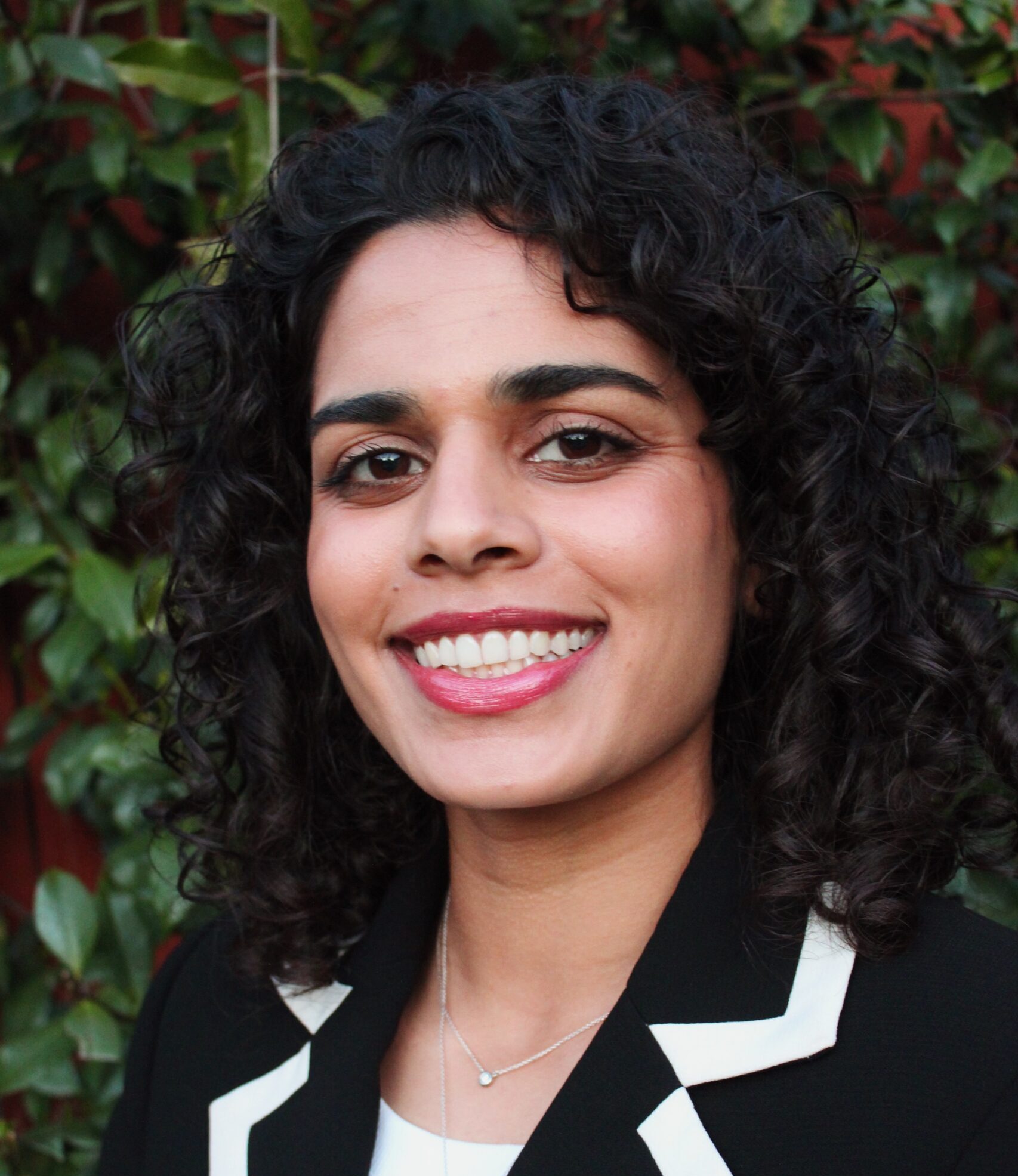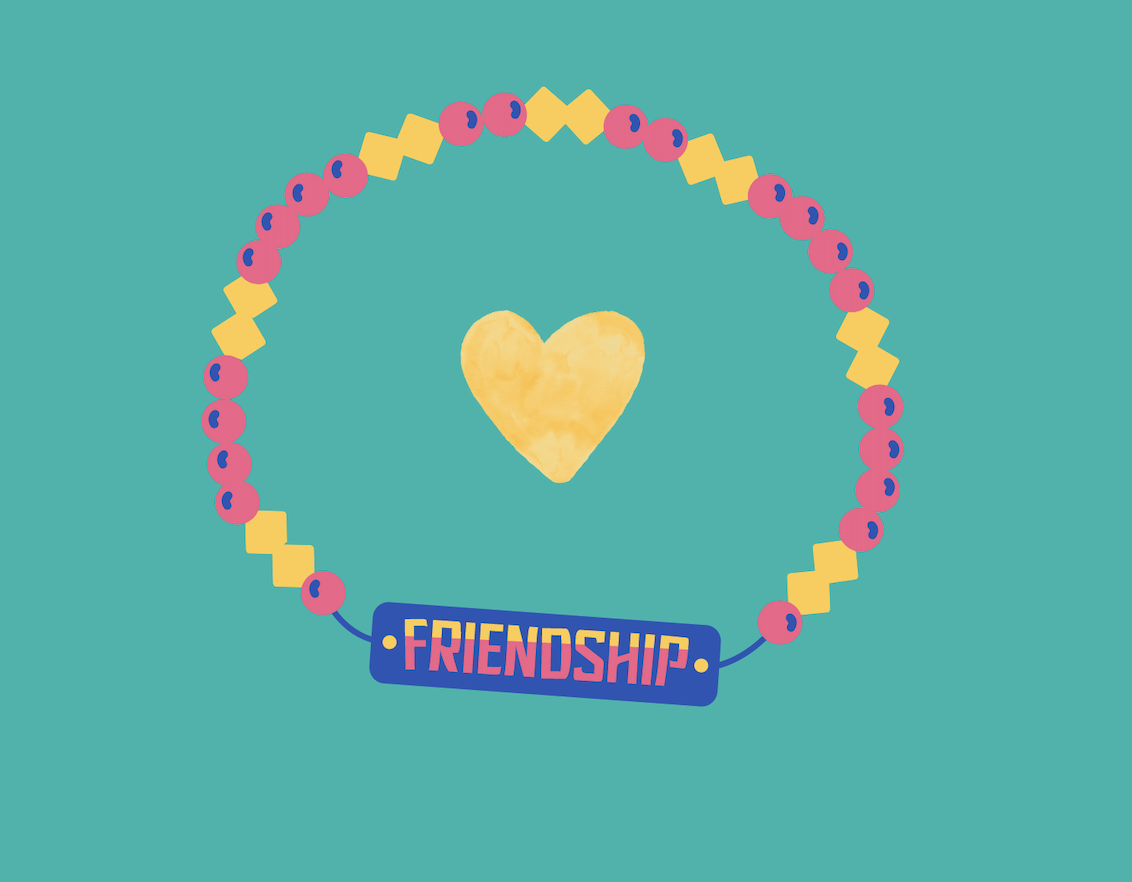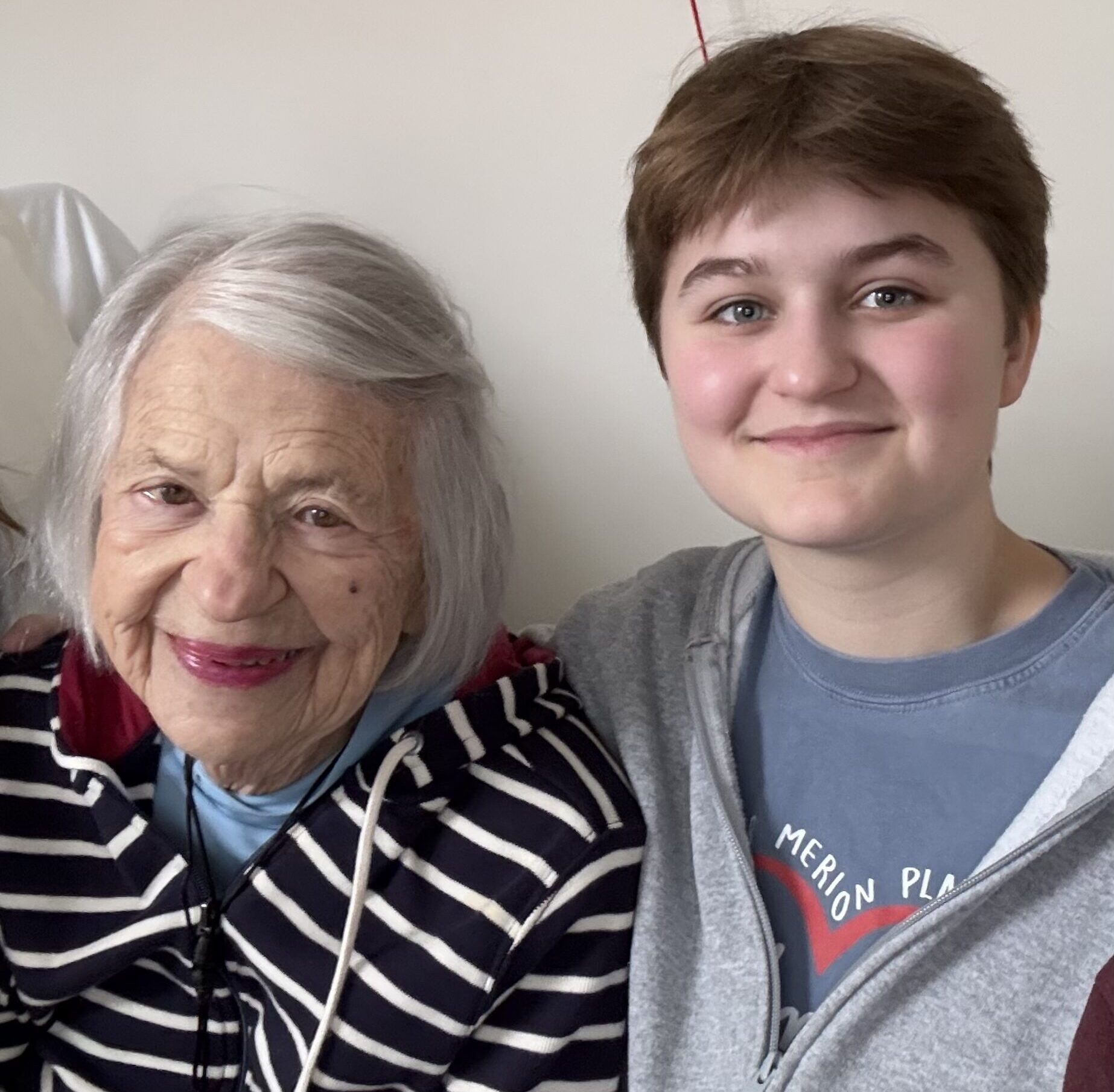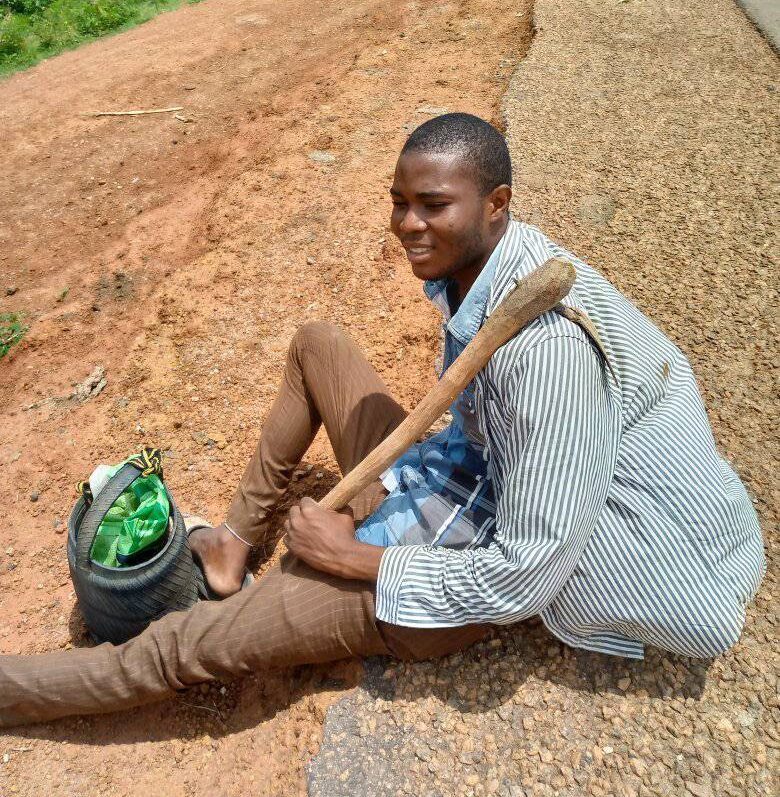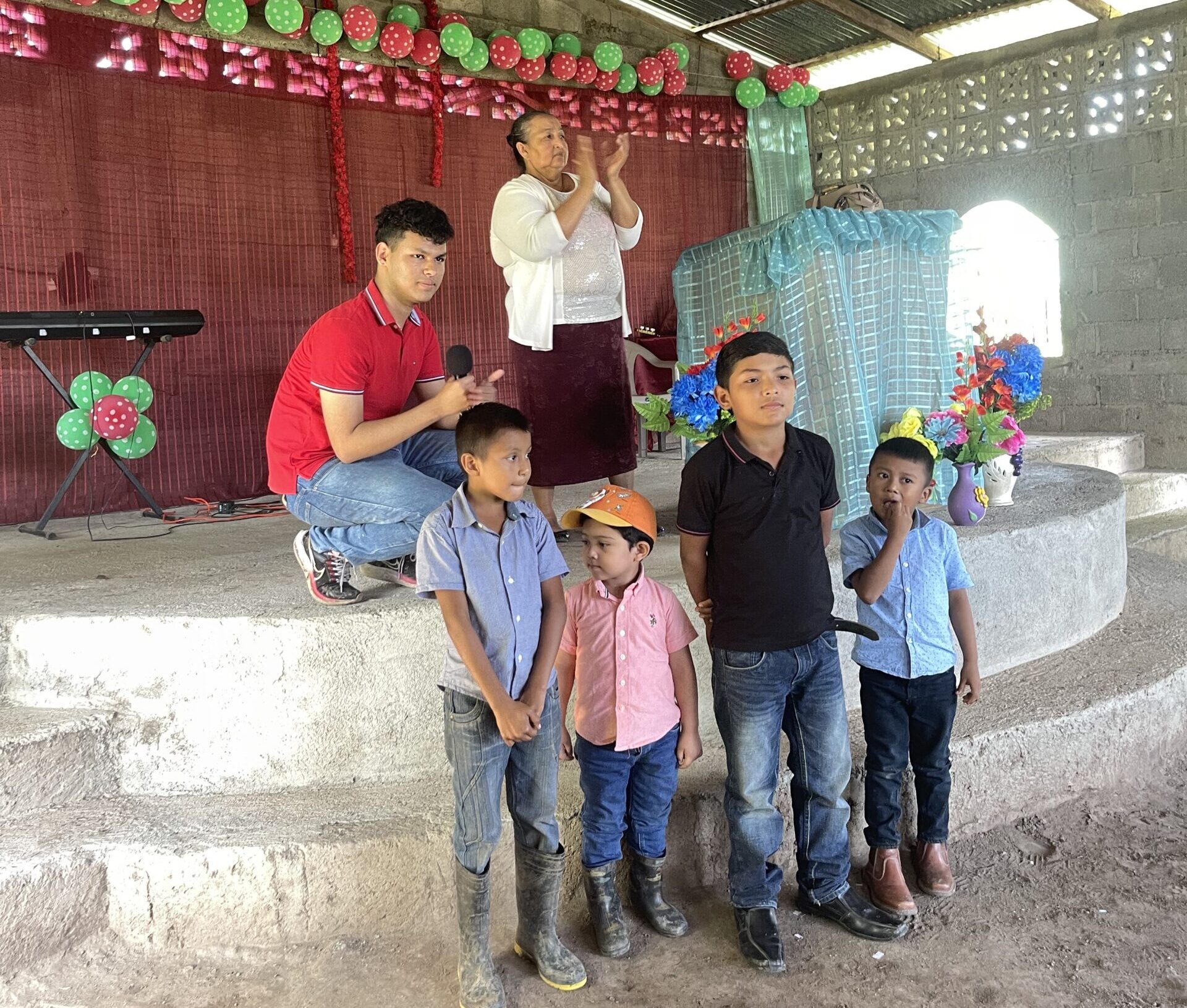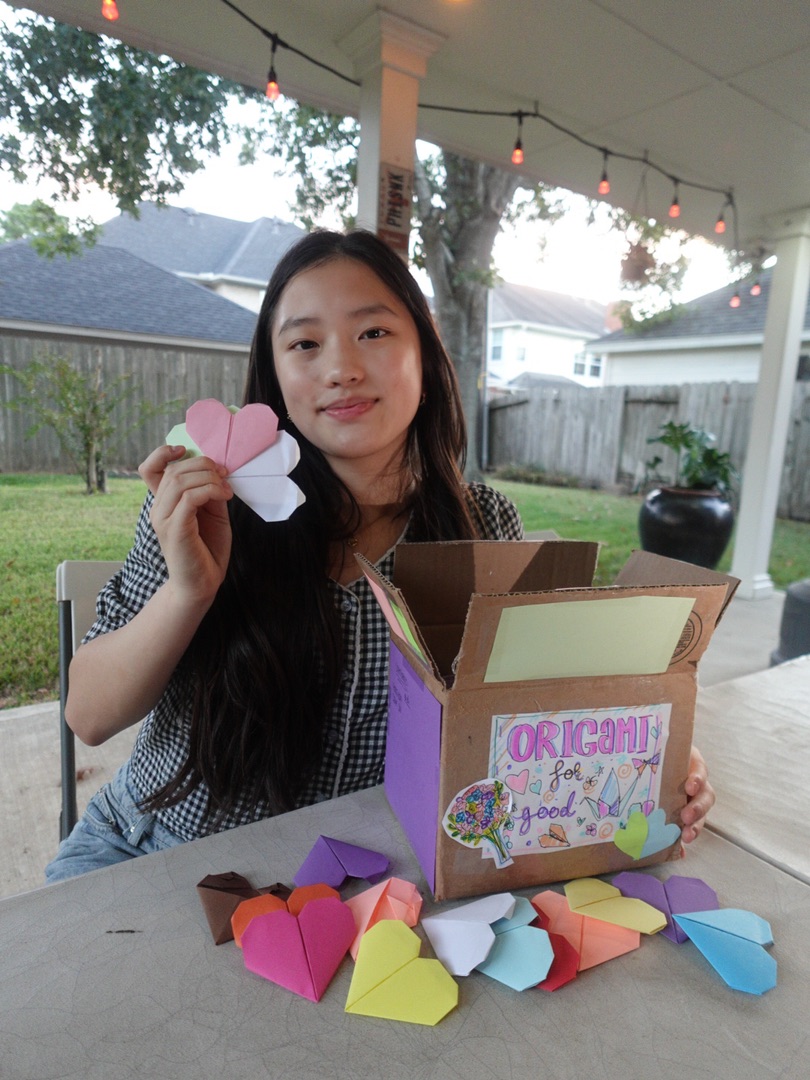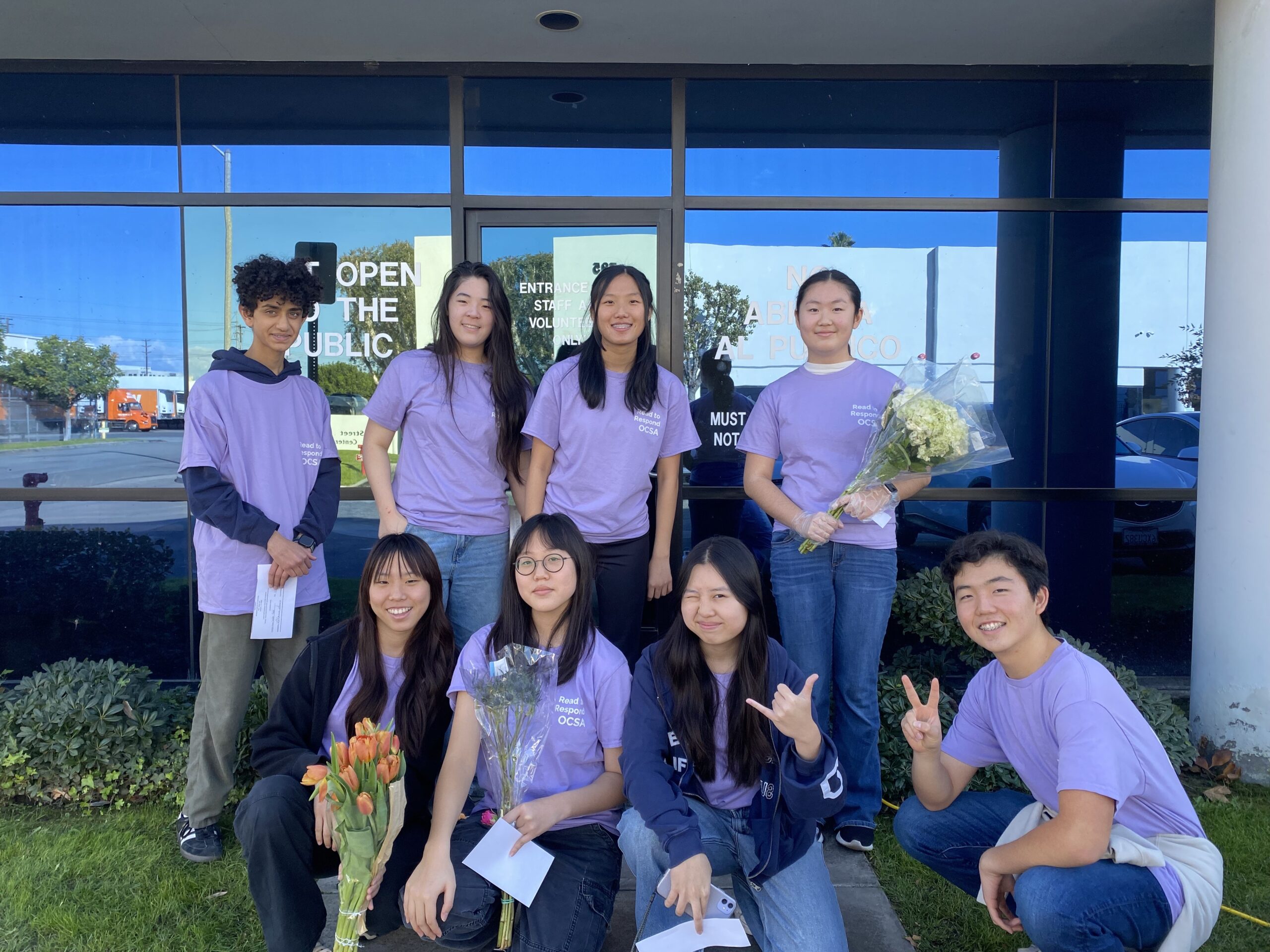Young adulthood has been a period of great changes and insurmountable growth in my life, shaping my understanding of independence and responsibility as I have navigated through educational pursuits, career aspirations, and personal relationships.
Among this period of change, my friendships have played a crucial role, evolving from the familiarity of childhood bonds to more intimate connections forged through shared experiences and mutual support. In my twenties, I have found that my circle of friends has become smaller in size, but we are more connected and intimate in our feelings of equal admiration, respect, and unconditional love for one another.
The bonds that I have created in my young adulthood reflect shared values, interests, and life stages, offering a sense of camaraderie and understanding amidst the uncertainties of this transformative period.
Maintaining friendships in your 20s often requires deliberate effort and adaptability. Here are some tips that my friends and I follow to maintain and strengthen our friendship, despite any physical distance or hecticness in our lives that may keep us apart from each other:
- Prioritizing Communication – Regularly check in with your friends through text, calls, or FaceTime. Even something like a short text saying “I’m thinking of you!” can go a long way.
- Maintaining Equal Effort from Both People – One thing that I learned in my 20s is that people make time for what they want and make an effort for the people they want to keep in their lives. For any type of relationship, it is important that both parties are equally as invested in maintaining a presence in each other’s lives.
- Planning Meaningful In–Person Hangouts – Scheduling a time for in-person meetups, whether they be during a weekend you both are in town, during summer break, or planning a trip to look forward to in the future.
- Being Understanding and Flexible – Remember that life can get chaotic sometimes, and if you don’t hear from your friend it does not mean they are not thinking of you. This is where clear communication is helpful because it can address any feelings of neglect or hurt.
The friendships I have created in my 20s are some of the most important relationships in my life. As we navigate the complexities of early adulthood, our friends serve as anchors, offering companionship, laughter, and a sense of belonging. Nurturing these relationships enriches our lives, providing invaluable support and shared memories that shape who we become.




